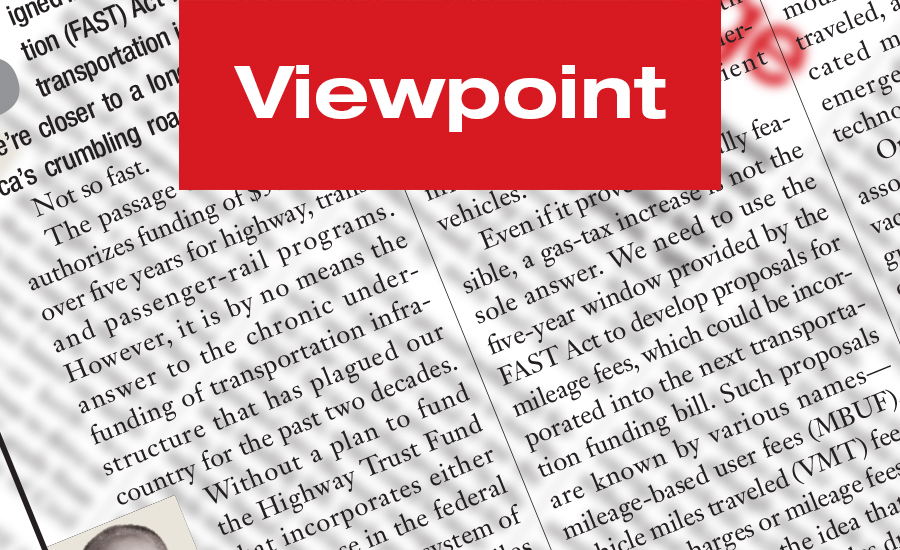California Viewpoint: Potential Loophole To New Unpaid Benefits Law

This year California ushered in a new law effective Jan. 1, 2018, for private works construction contracts, California’s Labor Code section 218.7. The law applies to all direct contractors who make or take the contract in California for the “… erection, construction, alteration or repair of a building, structure…” who must assume and be liable for debt owed to a wage claimant, or third party acting on behalf of the wage claimant, by the contractor’s subcontractor.

The law applies to wages incurred by the subcontractor for the wage claimant’s performance of labor included in the subject of the original contract between the contractor and the owner. It applies only to unpaid wages, fringe benefits or other benefits payments or contributions, including interest. It does not apply to penalties or liquidated damages.
Who can bring a lawsuit to enforce the law? The Labor Commissioner may bring a civil action under the Labor Code to enforce a contractor’s liability. The limit of a contractor’s liability is for unpaid wages, including interest owed. Also, a third party who was owed fringe or other benefits and a joint labor-management cooperation committee (union or union trust) has the ability to bring a civil action to enforce a contractor’s liability under the law.
This law has a laudable goal: making sure employees’ wages are paid. This new labor code provision by its terms states that it is only unpaid wages, fringe or other benefit contributions and interest owed that may be sought against the subcontractor, not penalties or liquidated damages. Unfortunately, the section also states that the obligations and remedies are in addition to those otherwise provided by law, even though going on to state that nothing in this section shall be construed to impose liability on the direct contractor other than for unpaid wages, fringe benefits and interest.

Some may have taken comfort in the language that seems to limit the enforcement of actions under this provision to either the Labor Commissioner, a third party owed fringe benefits or a union. But wait! California’s Private Attorney General Act (PAGA) deputizes any “aggrieved employee” to act on behalf of the Labor Commissioner to bring a claim on behalf of all aggrieved employees for any violation of the Labor Code after first following certain notice procedures.
Furthermore, PAGA actions are afforded class status without an aggrieved employee ever having to seek class approval. There can be hefty penalties in a PAGA action, most of which are to go to the state, not the aggrieved employees. The only good news is that Labor Code section 218.7 seems to fall within the provision that will at least allow an employer to avoid the PAGA liability and penalties if they act with some haste—33 days from the postmark of a PAGA notice letter—and correct the alleged violation. Another unanswered question, one subject to voluminous litigation, is whether those unpaid wages can include meal and rest break penalties. Granted, Labor Code section 218.7 excludes penalties, but the California Supreme Court opined some years ago that meal and rest break penalties are “penalty wages” and thus subject to the three-year statute of limitations for wages and not the one-year statute of limitations for penalties.



